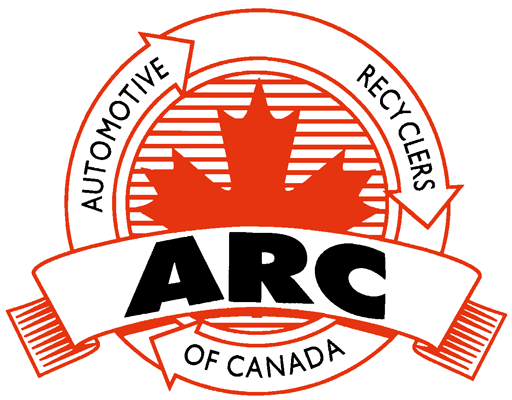Nationally, the utilization of recycled parts seems to be trending downward. A lot of this is due to offshore competition for salvage, which is making it more expensive for recyclers to purchase and harvest parts affordably. There has also been a reduction in the amount of parts that are used in insurance claims.nnLooking forward, this can only pose more challenges. It’s going to be much harder to provide a guarantee of quality, especially when it comes to newer safety features.nnThis is why there’s a definite need for the recycling industry to have a quality control program, and why a certification process is extremely important.nnGetting startednIn the U.S., the Automotive Recyclers Association has run a Gold Seal program for 20 years, and the Automotive Recyclers of Canada has its own variation. But these programs are more of a pledge, with little enforcement.nnThat was our problem at B-CAR four years ago, when we began looking at implementing certification. While support was there, we wanted to move beyond a pledge. We also had to determine what certification would look like, and how it would be enforced.nnWe came to the conclusion that training would create the best foundation for a solid certification program. But B.C. is a large province, so we created three online courses where those who wanted to register could do so from anywhere.nnThe first course is Dismantler Orientation. It runs through all standards and best practices for dismantling cars, including ensuring that there’s no damage to the vehicle or parts and, of course, no damage to the dismantler.nnThe second course is Inventory Management. This involves the warehousing and grading of products and an understanding of the ARA damage code.nnFinally, the third course is Standards of Performance. This deals with the expectations for recyclers and repair facilities based on policies negotiated within the industry over the last 20 years between ICBC and the ARA.nnThe next levelnThe idea is when recyclers register they’ll regis- ter all their employees for one course or all three depending on their roles and responsibilities. The recyclers have six months to nish, and then they will do an in-house evaluation with worksheets we’ve provided. The final stage is an external audit to follow up and ensure employees are adhering to the standards.nnWe think this is the best approach to deal with the challenges the recycling industry is facing today and will in the future. It would be good to see this done at a national level, which we’ve already witnessed with environmental certification.nnBC was the first province to have mandatory environmental certification, which launched in 2007. The rest of Canada is following, harmonizing the standards and expectations for environmental processing nationally.nnI would like to see this certification program work at a national level as well, but provincial variance can make it difficult. For example, B.C. has one primary insurance provider: ICBC. This is an advantage that works well with our association, but it’s very different from Ontario, which will have different requirements.nnBut a national program would create more validity to strengthen the overall idea and its appeal to insurance companies moving forward. They have to ensure the parts they’re buying from auto recyclers are of the utmost quality and meet safety standards, and we, as recyclers, need to help make that happen.nnKen Hendricks is the BC Auto Recyclers (B-CAR) Industry Relations Advisor for the Automotive Retailers Association in B.C.nnCollision Management, February 2017
